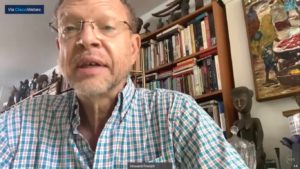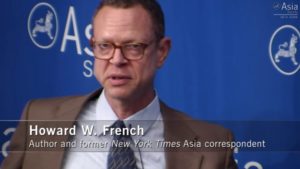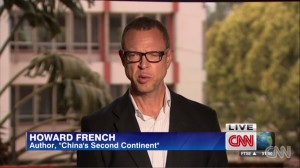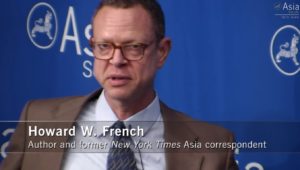
Former Shanghai-based foreign correspondent Howard French recently returned to Shanghai for the first time after corona and takes stock of its current state, by talking to Chinese and foreign residents in the city. In Foreign Policy he reports about these findings. French: “All I can say with certainty is that we are all in for a turbulent, costly, and possibly dangerous ride.”
Howard French:
In the final of these conversations, I asked a much older Chinese scholar about the mounting tech war between the two countries, in which the United States has been seeking to limit China’s access to the most sophisticated microprocessor manufacturing equipment, advanced graphics chips from companies such as Nvidia, and artificial intelligence technologies.
The scholar said the West badly misunderstands China, underestimating its preoccupation with its standing in the world. This will only push Beijing to strive harder to build these technologies on its own—and ultimately prevail. He clarified that he was not predicting that China would win across the board. The point he left me with was that any perceived antagonism from the West will feed Beijing’s preexistent desire to lead in every field that it thinks matters.
This, he said, will lead China to double down on industrial policies and state-driven investments. Many of these will prove misguided or inefficient in the long run. But in a country of China’s size, with enormous resources not only in national wealth but in human talent, many will also succeed, giving its Western competitors all they can handle over the next few decades. All I can say with certainty is that we are all in for a turbulent, costly, and possibly dangerous ride.
More in Foreign Policy.
Howard French is a speaker at the China Speakers Bureau. Do you need him at your meeting or conference? Do get in touch or fill in our speakers’ request form.
Are you looking for more people to manage your China risk? Do check out this list.










